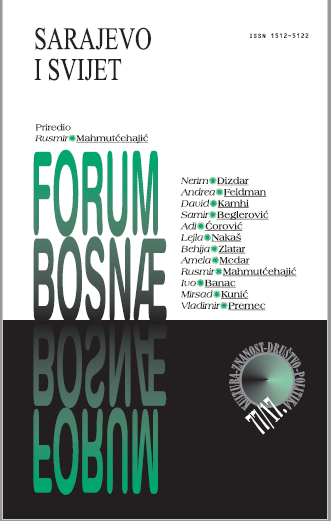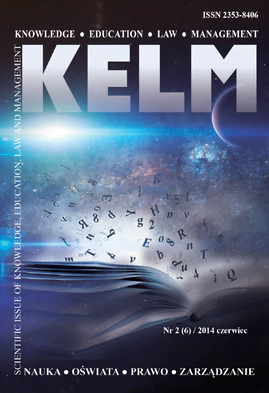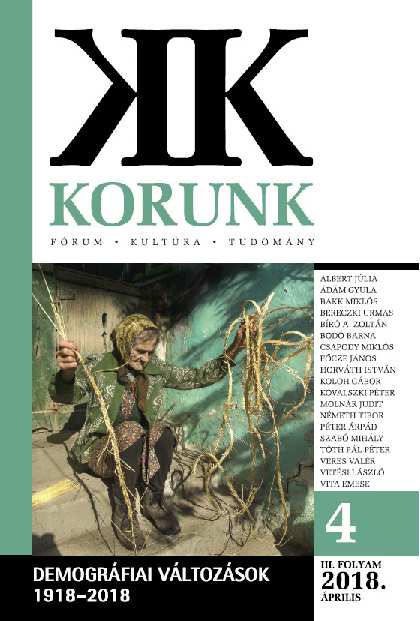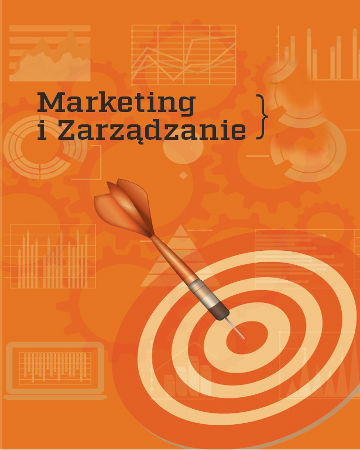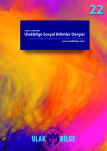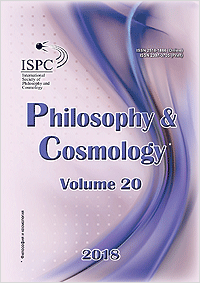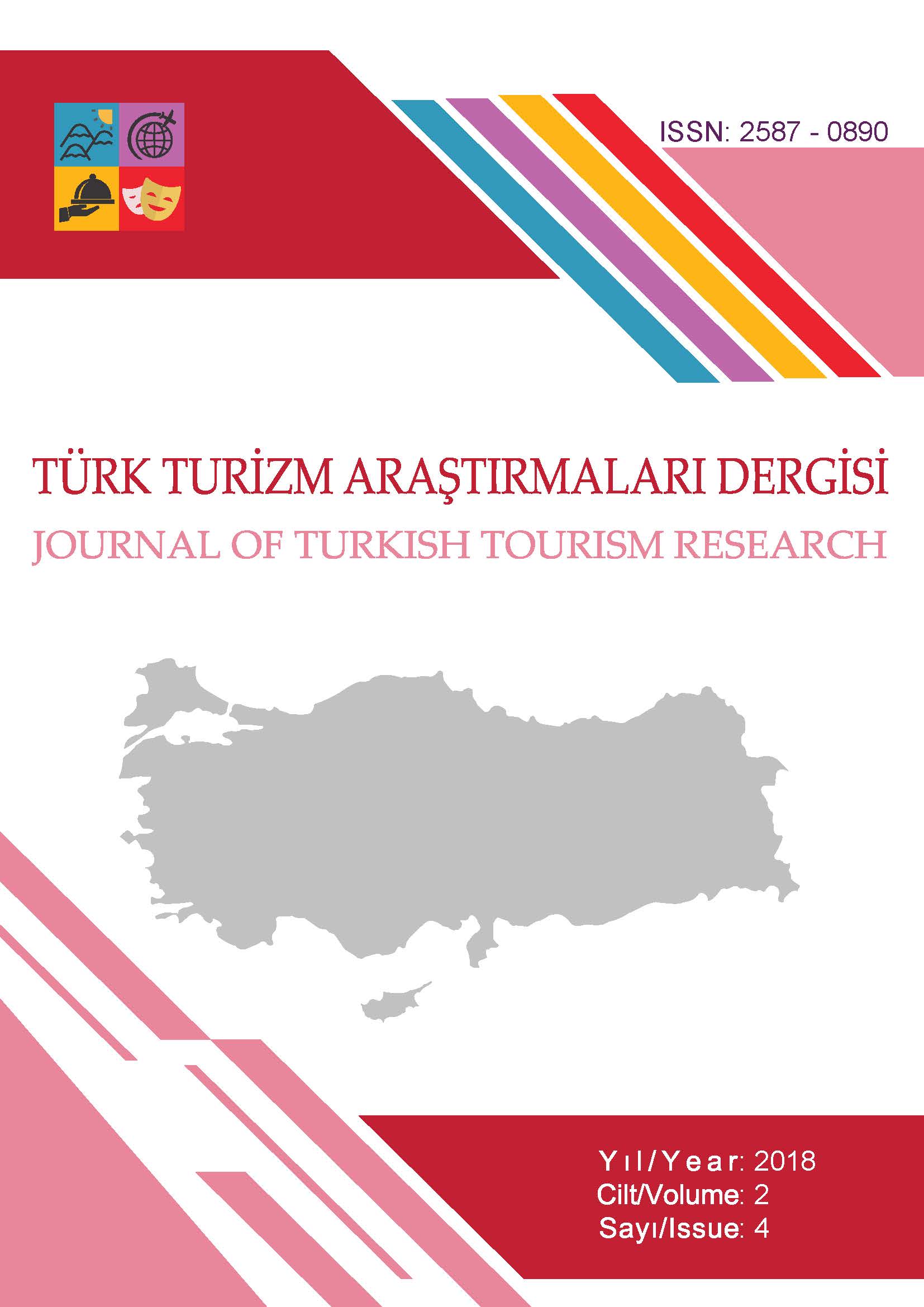Author(s): Miloš Prica / Language(s): Serbian
Issue: 67/2014
The idea of sustainable development has developed within the triangular framework of economic, social and environmental policy. It has been the result of man’s endeavor in the course of development of mankind to harmonize the relations between economy and ecology for the purpose of satisfying the present needs but without endangering the prospects of future generations to satisfy their own needs. The principle of sustainable development has been present in the international legislation for the past 40 years. The antagonism between economy and ecology has never ceased. Quite the reverse, at the beginning of the 21st century, mankind has encountered the dramatic effects of the rampant global politics and the unpromising prospects of man’s subsistence and development. The reason is certainly to be found in the fact that the environment protection policy does not have an adequate legal framework, which is not a matter of legal technique but a matter of substance in global politics. Consequently, this discussion on the legal nature of sustainable development takes us from technique to substance. First, the author analyzes the international legislation and judicature on the issues of sustainable development; thereupon, the author concludes that the principle of sustainable development has not obtained the rank and the outreach of a legal principle (source of law) in the international law, which ultimately makes the very existence of environmental law highly disputable. If sustainable development as a fundamental principle (supra-principle) does not have the power of a binding principle, the existing international legal sources concerning certain aspects of the living environment are nothing but arable land covered by sand. Actually, the significant feature of the existing international sources on sustainable development is “the legal ideology” which, being an instrument of environmental policy rather than an instrument of environmental law, actually reflects the governing modus operandi of the covert power-holders. When this issue is observed from the aspect of national law, some legal scholars consider that “environmental law” is a branch of law. However, this standpoint is based on the normativists’ misconception that the law equals the norm. As a matter of fact, the norm is only a source for the creation of law, whereas law implies the entire body of legal relations and legal institutes. With this in mind, the essential condition for establishing a branch of law is that it has to be rooted in judicature. Thus, “environmental law” cannot be designated as a branch of law. Moreover, as the principle of sustainable development in the national legislation is rooted neither in the judicature nor in the legal perception, this fact has given rise to the conclusion that it may be qualified as a purely declarative legal-political principle. In that context, the author discusses the concept and the classification of legal principles as a necessary presumption for shaping the regulatory legal nature of the principle of sustainable development. Finally, in this article, the author discusses the actual foundations of environmental, economic and social aspect of the idea of sustainable development in the system of neo-liberal global capitalism (imperialism), with specific reference to the ruling method of covert power-holders.
More...
